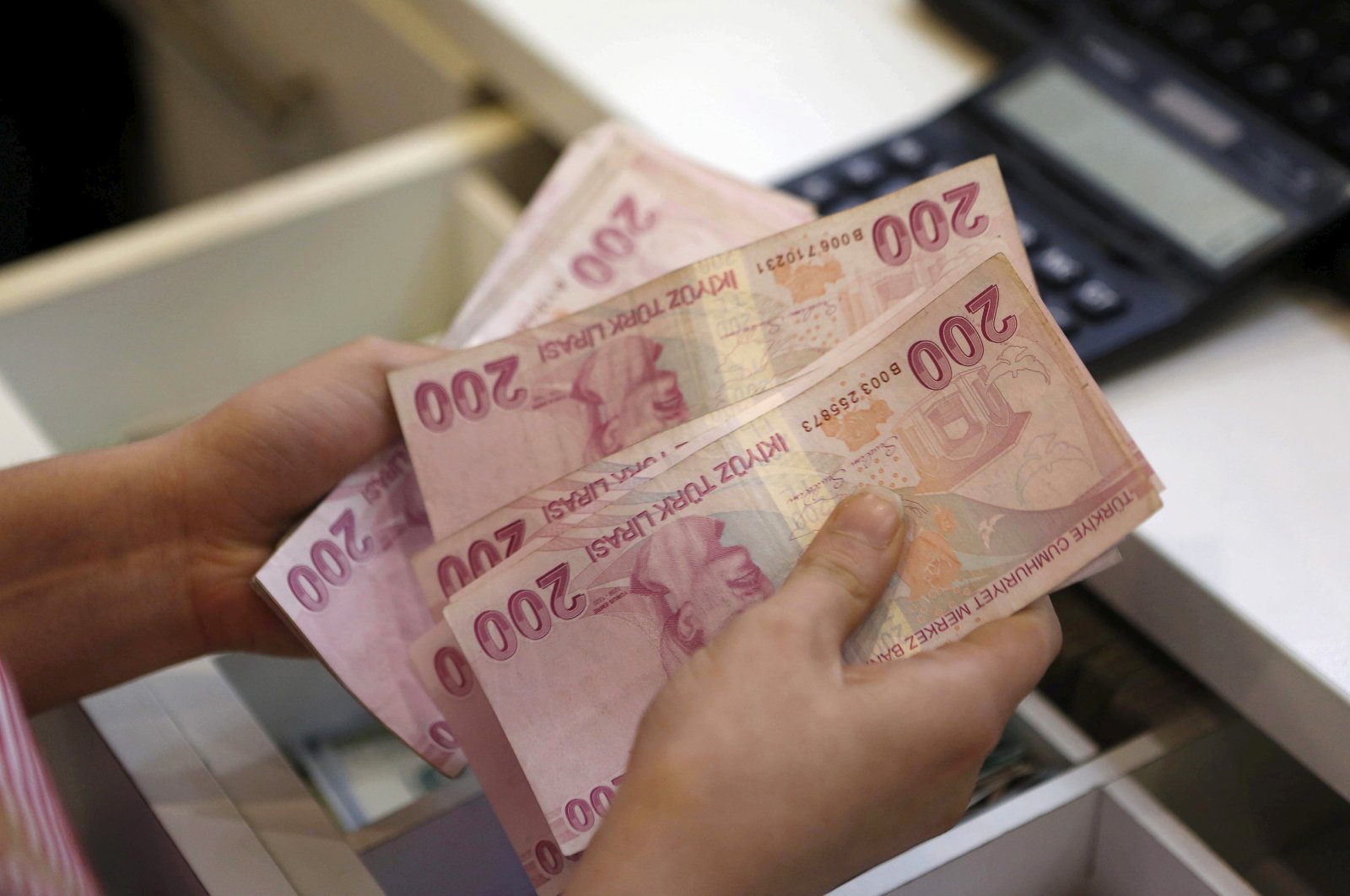PM Modi to visit Cyprus amid closer Pakistan-Turkey alignment after India’s Operation Sindoor
PM Modi will visit Cyprus and Croatia as part of India’s growing outreach to Europe, en route to and from the G7 Summit in Canada. The visit comes amid strained ties with Turkiye and rising Ankara-Islamabad solidarity after India’s recent counter-terror operation.
read more
As part of India’s deepening engagement with Europe, Prime Minister Narendra Modi will visit Cyprus on his way to Canada for the G7 Summit, and Croatia on his return.
Visit comes amid strained Turkey ties
PM Modi’s visit to Cyprus – a country in conflict with Turkey since 1974 – comes in the backdrop of growing Ankara-Islamabad solidarity following India’s Operation Sindoor, which targeted terror hubs in Pakistan and Pakistan-occupied Kashmir in response to the Pahalgam terror attack.
Strategic EU partners
Both Cyprus and Croatia are members of the European Union. Notably, Cyprus is set to assume the rotating presidency of the EU Council in the first half of next year. Modi was earlier scheduled to visit Croatia, along with the Netherlands and Norway, last month, but the trip was postponed due to heightened military tensions with Pakistan.
G7 Summit in Canada
The G7 Summit will be held in Kananaskis, Alberta, from 15 to 17 June. Prime Minister Modi is expected to attend the outreach session on the final day. Since the invitation from Canada came at short notice, the details of his programme are still being finalised. Efforts are underway to organise bilateral meetings on the sidelines.
Historic Cyprus visit
Modi’s visit to Cyprus will be closely watched, as it marks only the third visit by an Indian Prime Minister—after A B Vajpayee in 2002 and Indira Gandhi in 1983. The visit comes amid strained ties between India and Turkiye, which openly supported Pakistan during last month’s India-Pakistan military confrontation.
Background: The Cyprus-Turkey conflict
The Cyprus-Turkey conflict is a decades-old territorial and political dispute rooted in ethnic tensions and rival national interests. The conflict escalated in 1974, when Turkey invaded the northern part of Cyprus following a Greek-backed coup that sought to unify the island with the Greek mainland.
Turkey claimed its intervention was to protect the Turkish Cypriot minority. However, the invasion led to the division of the island into two parts. Today, the internationally recognised Republic of Cyprus, governed by Greek Cypriots, controls the southern two-thirds of the island and is a member of the European Union.
The northern third is administered by the self-declared Turkish Republic of Northern Cyprus (TRNC), which is recognised only by Turkey. A UN-patrolled buffer zone separates the two regions.

)

